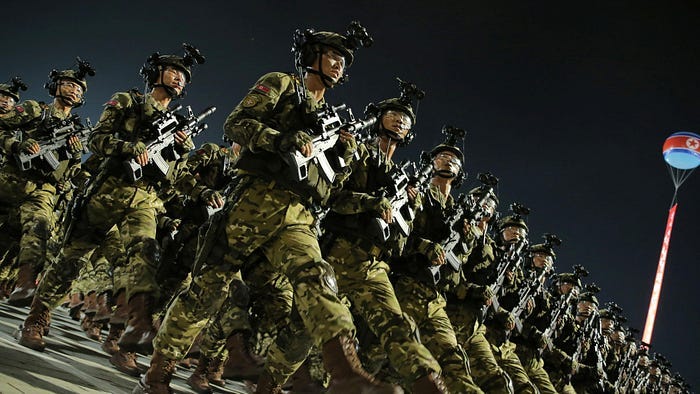North Korean Soldiers Fighting Ukraine are Shockingly Good Soldiers
Especially compared to the Russians
Note: I shared this piece earlier this week on Medium, and normally, I try not to repeat content here that I post over there to keep things fresh for my awesome Substack readers. But this is a story that I thought my Substack peeps would enjoy. So, I’m dropping it here as my Friday free article. Thanks for re…




